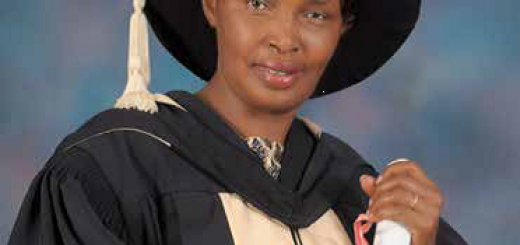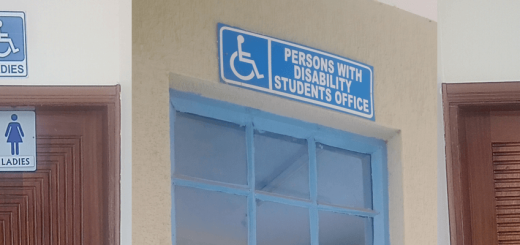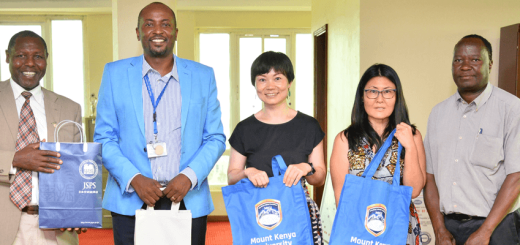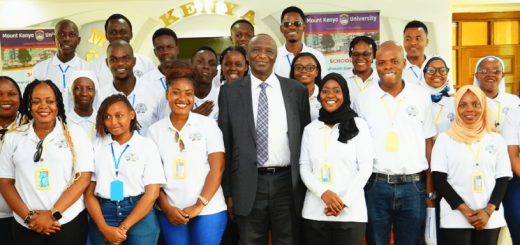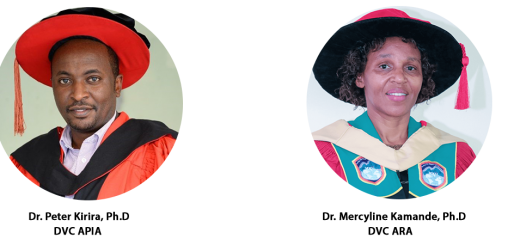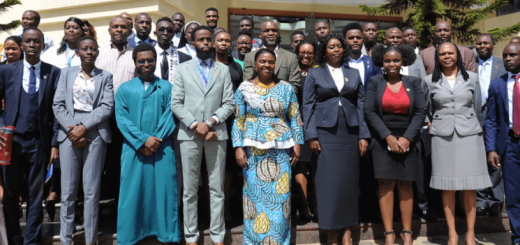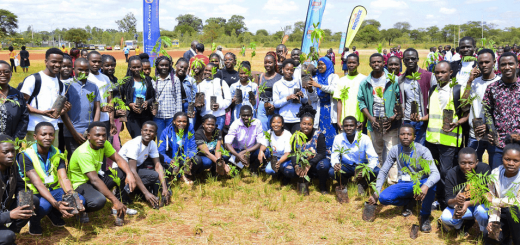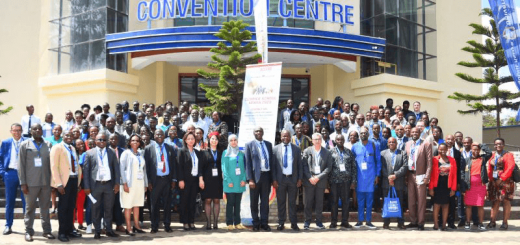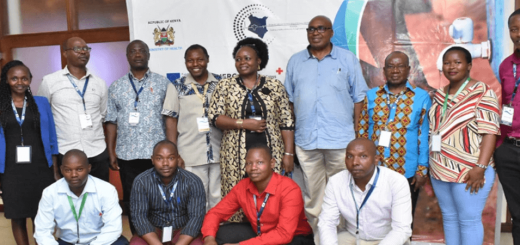Why teachers studying at MKU will learn more
Mount Kenya University (MKU) has revamped its school-based learning programme for teachers and
transformed it into a blended mode of delivery. The new approach combines institution-based study with distance learning, offering students more contact hours. It is known as “Distance and Institution-Based Learning (DIBL)”.
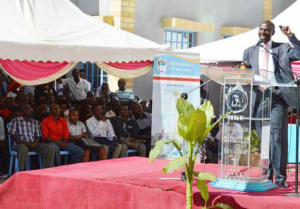
Kenya National Union of Teachers (KNUT) Secretary General Mr. Wilson Sossion addresses
Using face-to-face delivery during school holidays (April, August and December) augmented with online learning in between, the university exceeds the student-lecturer contact hours recommended by the Commission for University Education (CUE).
Dr Bibianne Waiganjo-Aidi, the Deputy Vice-Chancellor in charge of Academic and Research Affairs (ARA), says modern technology has made a huge difference at the university. The students – usually teachers – attend residential classes when schools are on holidays. When they return to their places of work, they are supported through the online platform, explains Dr Waiganjo-Aidi.
She says: “For the Bachelor degree programme, the CUE recommended contact hours of 1,680. We at MKU manage 2,016 hours. This surpasses the minimum standards.” CUE inspected MKU’s school-based mode and gave the university recommendations, which Dr Waiganjo-Aidi confirms were implemented. The mode meets the Fourth Schedule of CUE standards for Open, Distance and E-Learning.
Using face to- face delivery during school holidays (April,August and December) augmented with online learning in between, the university exceeds the student-lecturer contact hours recommended by the Commission for University Education
The schedule states in part that, “The delivery modes may include traditional distance education by correspondence courses, online provision and interactive CD ROMs, e-learning and blended learning to open learning centres, and face-to face provision where a significant element of flexibility, self-study and learning support is an integral part.”
One of the principles of the Universities Standards and Guidelines 2014 demands that “staff responsible for delivering ODEL curricula and evaluating the students’ success in achieving the ODEL learning goals are appropriately qualified and effectively supported”.
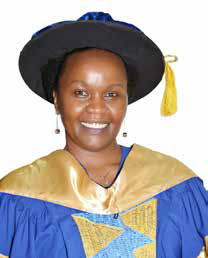
Dr. Bibianne Waiganjo, Deputy Vice Chancellor – Academic and Research Affairs
Dr Waiganjo-Aidi says that between 5 and 10 April, the University trained DIBL staff in all campuses on the new blended mode so that they serve students well. Lecturers from Nairobi, Nkubu, Nyeri and Thika campuses were trained at the main campus in Thika. Those from the Nakuru and Kericho campuses were trained in Nakuru. Eldoret and Kitale based lecturers were trained in Eldoret. Kisumu campus hosted its own, plus lecturers from Kakamega, Kisii and Kabarnet campuses. The Mombasa Campus hosted lecturers from the Malindi Campus.
One of the standards requires a university to “ensure availability and adequacy of technical and ICT infrastructure, and appropriate technical support staff for the infrastructure”.



